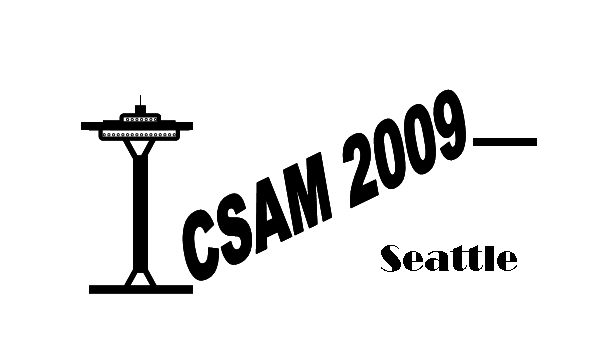Superplastic Forming (SPF) of titanium has found widespread applications for the manufacture of jet aircraft fuselage, wing, empennage and jet engine components. The SPF process has been found to be particularly effective when applied to areas of the aircraft where structural loads and exposure to high temperatures combine together to create complex stress problems. As a cost and weight effective solution, SPF also offers detail part and fastener reductions through the consolidation of stiffeners and compound contour shaped components into monolithic designs. One limitation to the SPF advantage has been the size of the available titanium raw sheet metal, which has generally been 1.2 meters X 3.7 meters. Friction Stir Welding (FSW) was invented in 1991 by The Welding Institute of the United Kingdom as a solid state joining method. The FSW process has primarily been applied for the manufacture of aluminum aerospace hardware. However, during this development program, titanium FSW was developed into a process suitable for producing aerospace quality joints with equal superplastic properties in both the parent sheet metal and the weld nugget itself. This has allowed the fabrication of test components of over 12 meters in size to be fabricated using SPF titanium as a single piece assembly. Another area of focus for this research was to improve the fatigue performance of the parts and this was accomplished by eliminating the “onion band” defects along the top surface of the welds prior to forming.
<< back
ICSAM 2009
June 29 - July 2, 2009
Bell Harbor International Conference Center
Seattle Washington
International Conference on Superplasticity in Advanced Materials 2009
10th International Conference on Superplasticity in Advanced Materials
©2008 University of Washington. All rights reserved.
©2008 University of Washington. All rights reserved.